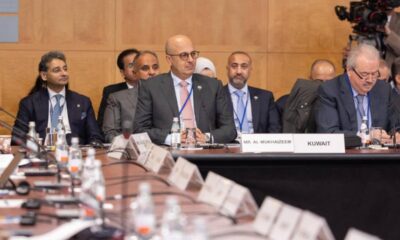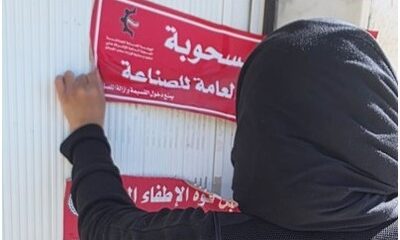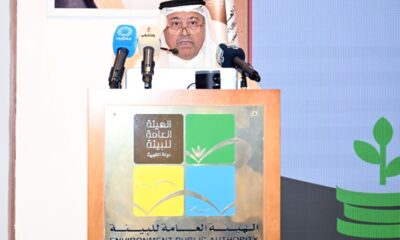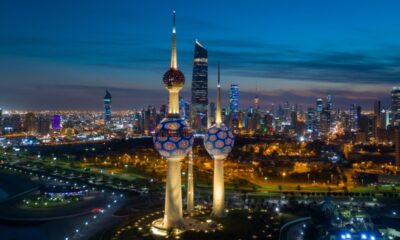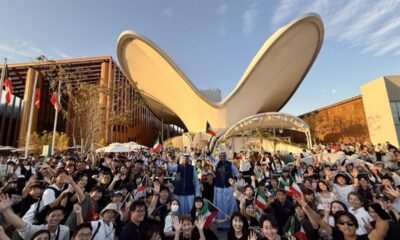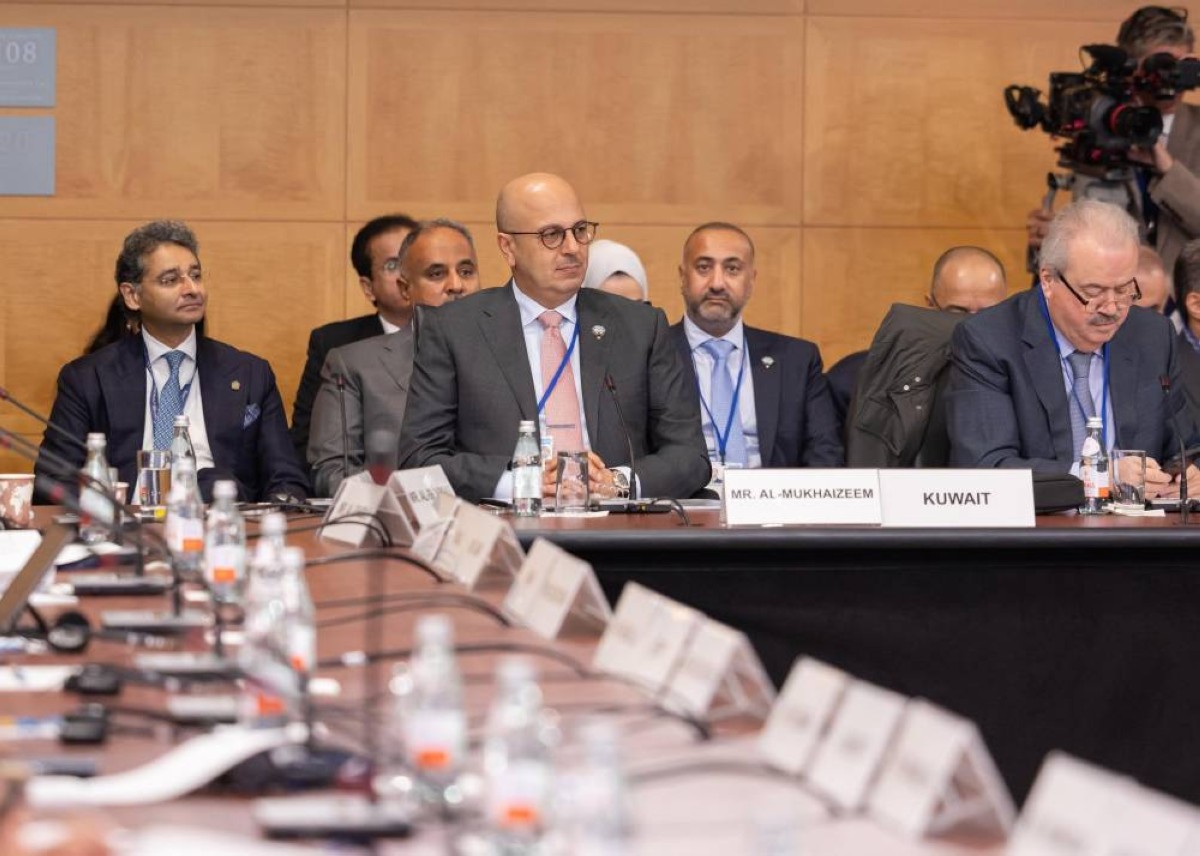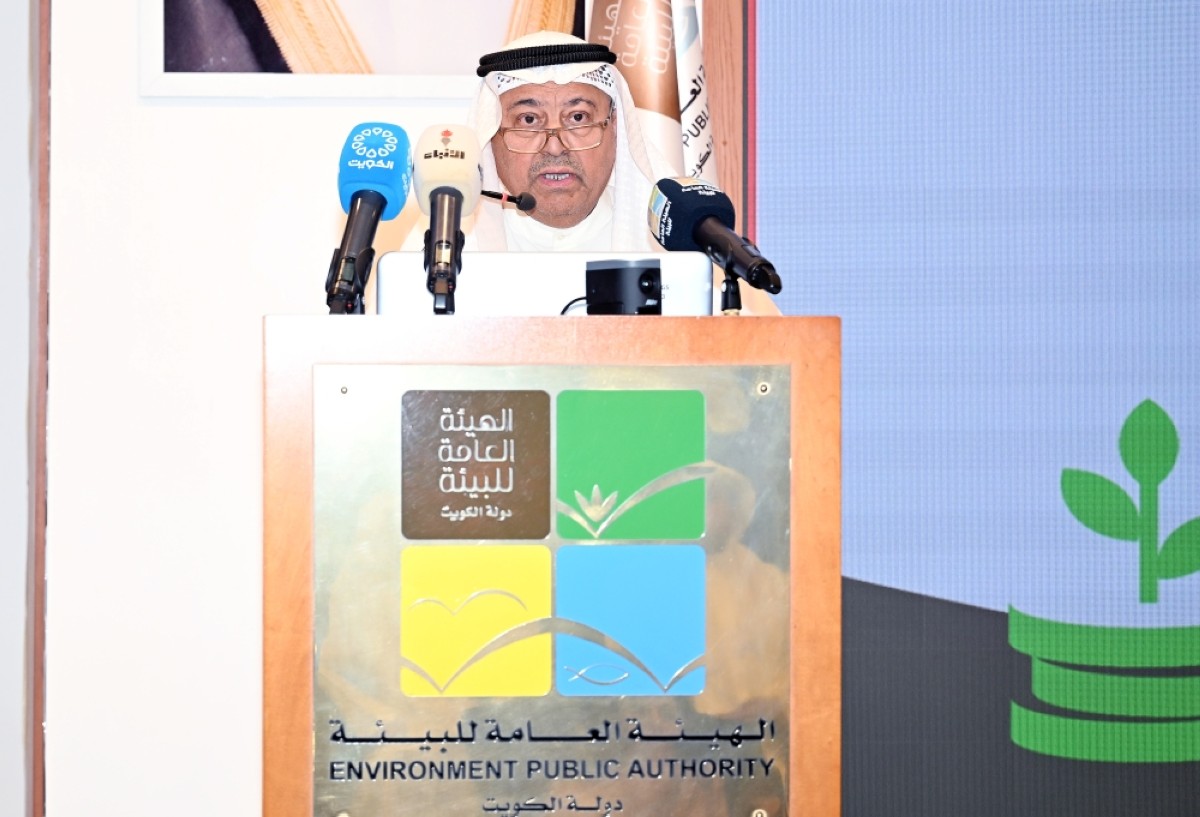Latest News
Today in Kuwait’s history | Kuwait Times Newspaper

Latest News
Kuwait participates in MENAP neeting with IMF managing director
Latest News
Kuwait participates in MENAP neeting with IMF managing director
Latest News
Oil minister highlights Kuwait’s deep-seated belief in climate, environmental protection
-
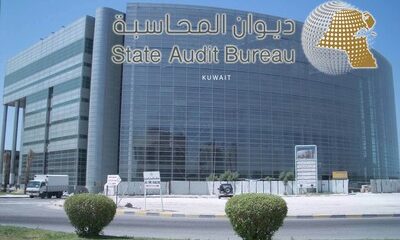
 Business16 hours ago
Business16 hours agoAudit Bureau approves KD10.45 mln contract for Doha desalination plant
-
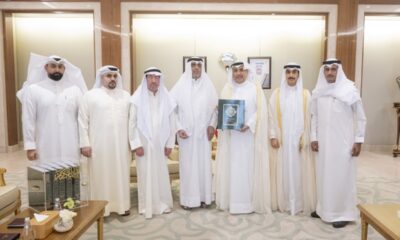
 Latest News16 hours ago
Latest News16 hours agoDiwan officials receive Kuwait Blind Association board
-

 Politics21 hours ago
Politics21 hours agoIraqi Woman Caught Trying to Smuggle Narcotic Pills Hidden in Spare Tire
-
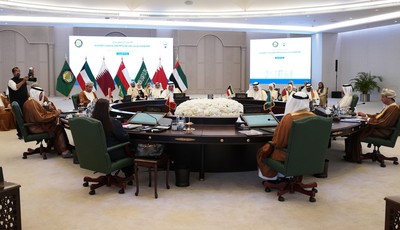
 Business20 hours ago
Business20 hours agoIndustry now a key pillar in economic diversification: Kuwaiti official
-
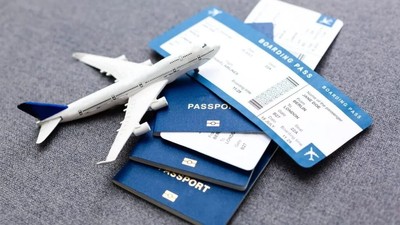
 Business18 hours ago
Business18 hours agoThe Ultimate Guide to “Book Now, Pay Later” Flights
-
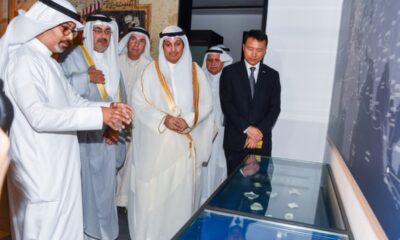
 Latest News17 hours ago
Latest News17 hours agoKuwait showcases Chinese art in major cultural exhibition
-
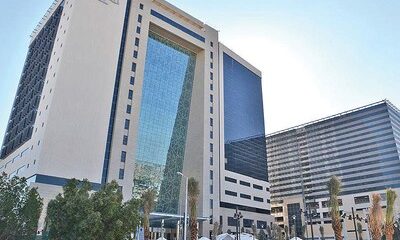
 Politics16 hours ago
Politics16 hours agoRoyal’s graft case hearing on Dec 16
-

 Politics17 hours ago
Politics17 hours agoKuwait court rejects bail for lawyer

